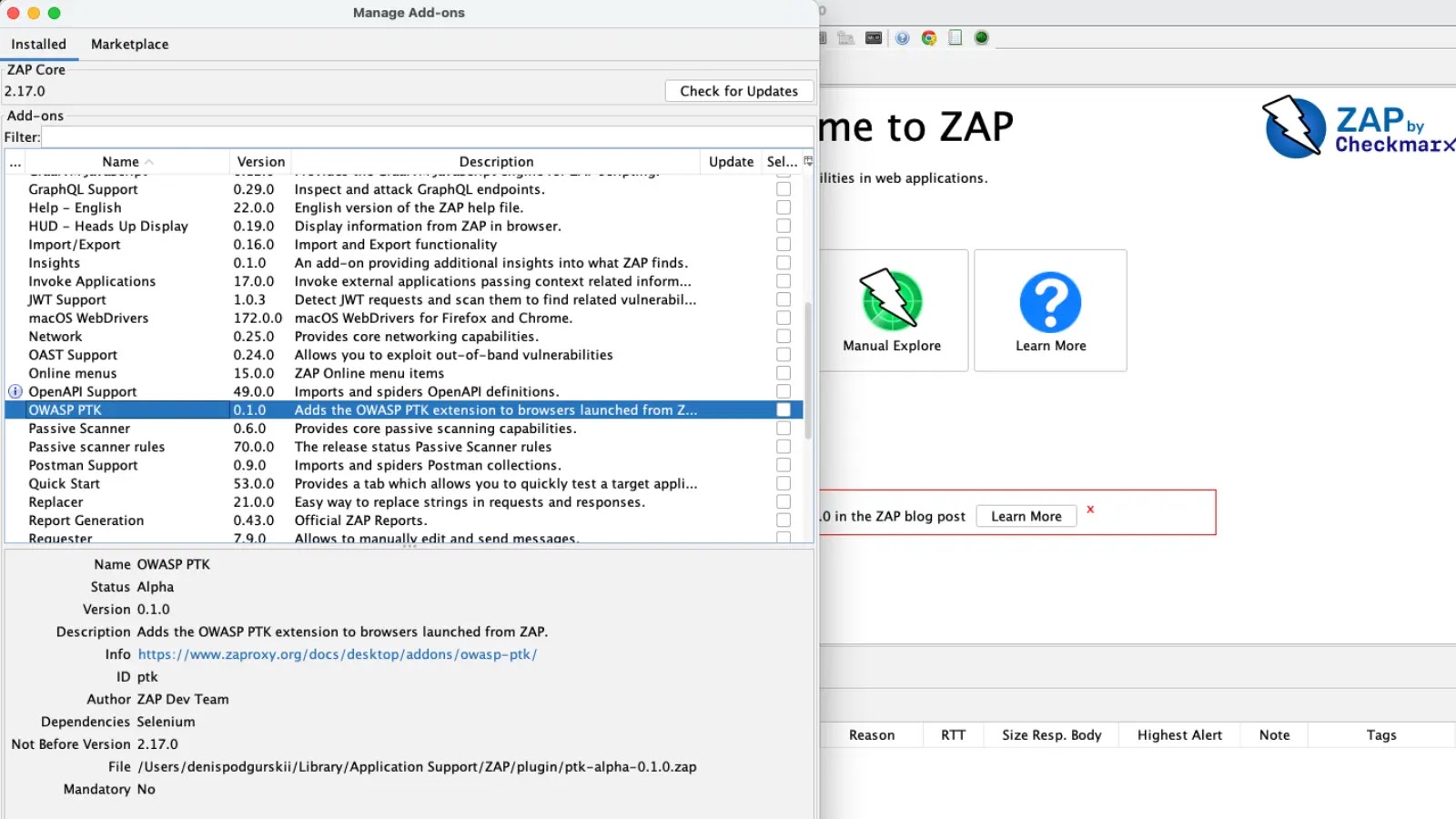In the ever-evolving landscape of cybercrime, bulletproof hosting providers (BPH) play a pivotal role by offering resilient server infrastructures that shield illicit activities from law enforcement interventions. These services are indispensable to cybercriminals, facilitating operations such as ransomware attacks, data breaches, and the distribution of malware. A recent case involving the Aeza Group underscores the adaptability and persistence of these entities in the face of legal challenges.
Understanding Bulletproof Hosting
Bulletproof hosting refers to internet service providers that offer hosting solutions designed to be impervious to takedown requests and legal actions. Unlike standard hosting services, BPH providers often disregard abuse reports and legal notices, allowing clients to host content that is illegal or unethical, including phishing sites, malware, and illicit marketplaces. These providers typically operate in jurisdictions with lenient cybercrime laws, making it challenging for international law enforcement agencies to intervene effectively.
The Aeza Group’s Sanctions and Subsequent Actions
On July 1, 2025, the U.S. Department of the Treasury’s Office of Foreign Assets Control (OFAC) imposed sanctions on the Aeza Group, a notorious BPH provider. The sanctions targeted Aeza Group, two affiliated companies, and four individuals for facilitating global cybercriminal activities, including ransomware operations, data theft, and darknet drug trafficking. These measures resulted in the freezing of Aeza Group’s U.S.-based assets and prohibited American entities from conducting transactions with the designated parties.
In response to these sanctions, Aeza Group swiftly migrated its infrastructure to a new autonomous system (AS) to evade enforcement measures. Cybersecurity researchers at Silent Push detected this significant infrastructure shift on July 20, 2025, when IP ranges began transitioning from Aeza’s AS210644 to AS211522, operated by Hypercore LTD. This newly allocated autonomous system, established just ten days before the migration, rapidly accumulated over 2,100 IP addresses, indicating a coordinated effort to maintain cybercriminal hosting services under new infrastructure.
The Implications of Rapid Infrastructure Migration
The speed and scale of Aeza Group’s infrastructure migration are noteworthy. Such rapid transitions are atypical and suggest a deliberate strategy to circumvent sanctions and continue operations without significant disruption. This pattern indicates either a rebranding effort by Aeza Group or a handoff to a closely aligned cybercriminal entity.
Silent Push’s continuous infrastructure monitoring capabilities enabled the detection of this emerging BPH provider before its widespread deployment in active cybercriminal campaigns. The company’s Indicators of Future Attack (IOFA) feeds are designed to identify attacker infrastructure before it becomes operationalized, providing security teams with early visibility into threats.
The Broader Context of Bulletproof Hosting in Cybercrime
Bulletproof hosting providers like Aeza Group are integral to the cybercrime ecosystem. They offer services that allow cybercriminals to operate with a high degree of security and anonymity, making it challenging for law enforcement agencies to track and dismantle illicit operations. These providers often employ sophisticated tactics to evade detection, such as frequently changing servers and locations, utilizing secure payment methods like cryptocurrencies, and exploiting legal loopholes by operating in jurisdictions with weak cybercrime laws.
The persistence of malicious sites hosted on bulletproof servers poses significant challenges to cybersecurity efforts. These sites tend to remain online longer, giving cybercriminals more time to cause harm. Additionally, the cross-border nature of these operations introduces legal complexities, as international law varies greatly, and bulletproof hosts exploit these differences to evade prosecution.
International Efforts to Combat Bulletproof Hosting
The case of Aeza Group is not isolated. International law enforcement agencies have been increasingly targeting bulletproof hosting providers to disrupt cybercrime networks. For instance, in February 2025, the United States, United Kingdom, and Australian authorities jointly sanctioned Zservers, a Russia-based bulletproof hosting service, along with its key personnel. This action was part of a broader strategy to dismantle infrastructure supporting cybercriminal activities.
Similarly, in October 2021, two Eastern European men were sentenced to prison on Racketeer Influenced Corrupt Organization (RICO) charges for providing bulletproof hosting services used by multiple cybercrime operations to target U.S. organizations. Their service provided the infrastructure needed to host exploit kits and run malicious campaigns distributing spam emails and malware between 2008 and 2015.
The Challenges Ahead
Despite these efforts, bulletproof hosting providers continue to adapt and evolve, employing new strategies to evade detection and maintain operations. The rapid infrastructure migration by Aeza Group exemplifies the challenges faced by law enforcement agencies in combating these entities. It underscores the need for continuous monitoring, international cooperation, and the development of advanced cybersecurity measures to detect and disrupt bulletproof hosting services effectively.
In conclusion, the Aeza Group’s swift infrastructure migration in response to sanctions highlights the resilience and adaptability of bulletproof hosting providers within the cybercrime ecosystem. It serves as a stark reminder of the ongoing challenges in combating cybercriminal infrastructure and the necessity for persistent and coordinated efforts to address this pervasive threat.



